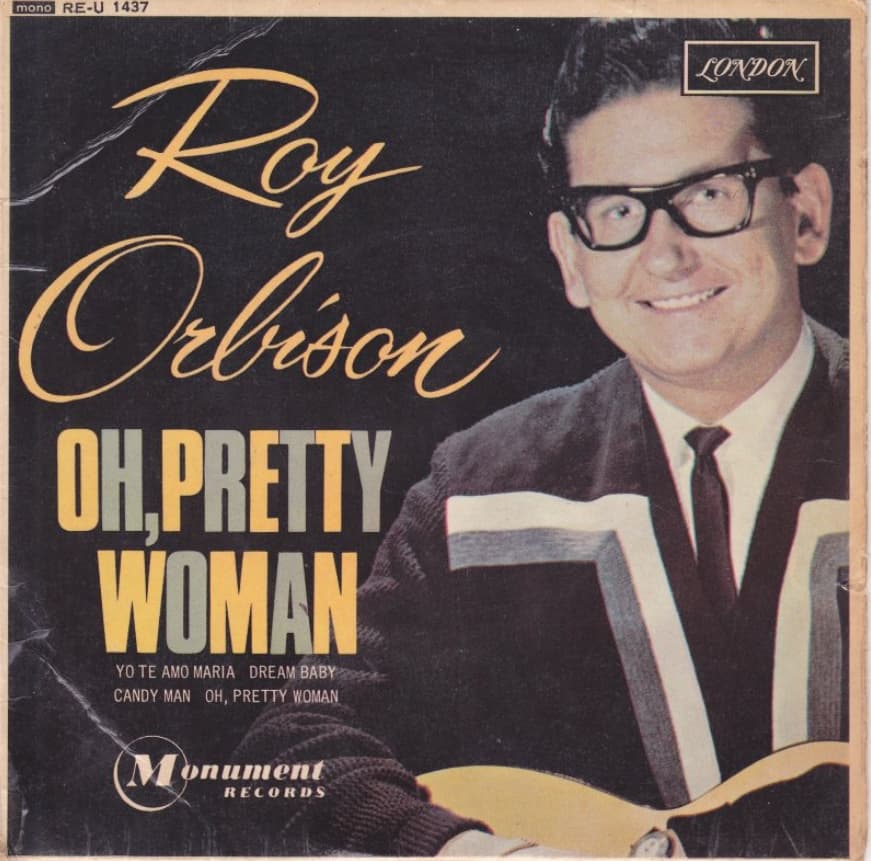
The Enduring Allure of “Oh, Pretty Woman”: A Roy Orbison Classic
In the rich tapestry of 1960s rock and roll, few songs capture the essence of the era as vividly as Roy Orbison’s iconic hit “Oh, Pretty Woman.” Released in August 1964, the track not only showcased Orbison’s vocal prowess but also cemented his status as a musical legend. With its distinctive guitar riff, compelling lyrics, and Orbison’s unmistakable voice, “Oh, Pretty Woman” soared to the top of the charts, achieving the number one spot on the Billboard Hot 100 for three weeks starting September 26, 1964. It mirrored this success in the UK, topping the Singles Chart for an equal duration.
The origins of “Oh, Pretty Woman” are as intriguing as the song itself. Inspired by a casual conversation between Orbison and his songwriting partner Bill Dees, the title came about when Orbison inquired if his wife, Claudette, needed cash before going out. Dees’ offhand remark, “A pretty woman never needs any money,” sparked the lyrical foundation of the song. This anecdote highlights the spontaneous creativity that often drives musical innovation.
Produced by Fred Foster and engineered by Bill Porter, the recording session for “Oh, Pretty Woman” was a gathering of musical talents, featuring guitarists like Billy Sanford—known for the song’s opening riff—and others who had worked with legends such as Elvis Presley. The inclusion of musicians like Floyd Cramer on piano and Boots Randolph on saxophones enriched the song’s texture, making it a staple on dance floors and radio waves alike.
The song’s impact extended beyond its initial release. It was pivotal in Orbison’s career, marking his last number-one single in the United States. In 1990, it inspired the title of the hit film Pretty Woman, starring Richard Gere and Julia Roberts, which further embedded the song in popular culture. Its influence was also felt on Broadway in 2018, proving its enduring appeal.
The legal landscape of music also felt the song’s influence when Acuff-Rose Music defended it against a parody by 2 Live Crew. The resulting Supreme Court case set a significant precedent for defining fair use in music, highlighting the song’s role in legal as well as musical history.
Moreover, “Oh, Pretty Woman” has received numerous accolades over the years. It was awarded a posthumous Grammy for Best Male Pop Vocal Performance in 1991, and it was inducted into the Grammy Hall of Fame in 1999. Such honors underscore the song’s lasting significance and its role in shaping rock and roll.
As we reflect on Roy Orbison’s contribution to music, “Oh, Pretty Woman” stands out as a testament to his genius, a song that captures the spirit of an era and continues to resonate with audiences around the world. Its chart-topping history, rich production, and cultural impact make it a defining piece of the 1960s musical landscape and a permanent fixture in the annals of classic rock.